In Defense of Science
In Defense of Science
Why Scientific Literacy Matters
Second Edition
Frank R. Spellman and Joan Price-Bayer

Lanham Boulder New York London
Published by Bernan Press
An imprint of The Rowman & Littlefield Publishing Group, Inc.
4501 Forbes Boulevard, Suite 200, Lanham, Maryland 20706
www.rowman.com
800-462-6420
Unit A, Whitacre Mews, 26-34 Stannary Street, London SE11 4AB
Copyright 2018 by The Rowman & Littlefield Publishing Group, Inc.
All rights reserved. No part of this book may be reproduced in any form or by any electronic or mechanical means, including information storage and retrieval systems, without written permission from the publisher, except by a reviewer who may quote passages in a review. Bernan Press does not claim copyright in U.S. government information.
ISBN: 978-164143-250-4
E-ISBN: 978-164143-251-1
Library of Congress Cataloging-in-Publication Data
Names: Spellman, Frank R., author. | Price-Bayer, Joni, 1964- author.
Title: In defense of science : why scientific literacy matters / Frank R. Spellman and Joni Price-Bayer.
Description: Second edition. | Lanham : Bernan Press, [2018] | Includes bibliographical references and index.
Identifiers: LCCN 2018026764 (print) | LCCN 2018032385 (ebook) | ISBN 9781641432511 (Electronic) | ISBN 9781641432504 (pbk. : alk. paper)
Subjects: LCSH: ScienceMiscellanea. | Information literacy.
Classification: LCC Q172 (ebook) | LCC Q172 .S64 2018 (print) | DDC 500dc23
LC record available at https://lccn.loc.gov/2018026764
 The paper used in this publication meets the minimum requirements of American National Standard for Information SciencesPermanence of Paper for Printed Library Materials, ANSI/NISO Z39.48-1992.
The paper used in this publication meets the minimum requirements of American National Standard for Information SciencesPermanence of Paper for Printed Library Materials, ANSI/NISO Z39.48-1992.
Printed in the United States of America
Contents
Hailed on its first publication as a masterful account of science and its importance in the so-called great scheme of things, In Defense of Science , 2nd edition has been completely updated to bring this successful text fully into the twenty-first century and far beyond. The second edition continues to be based on good science and not feel-good science. It continues to be presented in the authors trademark conversational style; we never apologize for trying to communicate. And continues to ask the same basic questions: Science, what is it? Science, why is it important? Science, what is its impactshould we be concerned?
In this book, we make no apology for our forthright advocacy for science. Why? Simply because we understand that although we live in a society exquisitely dependent on science, hardly anyone knows anything about science and, as Carl Sagan pointed out, this is a prescription for disaster (Sagan, 1997). Again, you may ask, why? Think about this; lack of basic scientific knowledge and understanding is a prescription for disaster. Especially if we have a shortage of clean and safe drinking water, food and air, or, a lack of understanding of pollution and its consequences, ozone depletion, the greening of Greenland, acid rain, toxic wastes, and so forth and so on.
In this new edition, we have included discussions of recent events such as the Flint, Michigan, drinking water fiasco and the EPAs discharge of mine acid waste from the King Gold Mine in Colorado into the Animas River, San Juan River, Lake Powell, and the Colorado River which turned these water bodies into an infamous and tragic Yellow Boy.
In addition, this concise and limited text presents a basic, pragmatic treatment of science. One of the least appreciated and most central of all scientific issues is the fact that we are beyond the day that we could simply pollute our environment, pick up stakes, and move on to another location.
With regard to environmental pollution, this text considers the global implications of local pollution and stresses both individual and corporate responsibility. As we prepare for the future, two salient factors seem clear: (1) we have come to realize that how we treat planet Earth is what those who follow us will be destined to live with; and (2) we have developed and continue to develop scientific methodologies to remediate our mistakes, including environmental pollution.
Both of these factors are favorable; they portend a future lifestyle that will continue to be fulfilling (and also healthy) for all of us and for those that follow. This is not to say that all the problems we face today will somehow be miraculously solved by our stepping from this decade into the new one. Instead, it says that we can learn from our mistakes, use good science, and take steps to ensure that we do not repeat them.
When you get right down to it, isn't this the essence of the human experience?
The purpose of this text is more than just to point out the obvious aspects of science and some of sciences effects, it was also designed to alert us to the fact that the burning issue concerning many current global problems is that we do not know what we do not know about their long-term effects. The truth (call it convenient or inconvenient) is that this is a scary thought. While we should not panic, we do have a need and call for concern. While public awareness is important, we must remember that when we say public, we mean everyone: government, industry, environmental groups, and social and political groups, as well as the enormous body of ordinary people (most of who are marginally concerned).
Our throwaway society sees the Earth as a place of unlimited resources, unlimited space, and unlimited potential to absorb our discardsour contaminants. Aligned with our fellow-citizens in a mentality that pervades society, we profess that by increasing production, consumption, and technology, the road to a better life for everyone will be smooth-paved, well-marked, and without detour.
In the past, our mobility allowed us to pollute one area and then merely move on to another. From the earliest times, this has been human methodologyour patternespecially when dealing with an environment we have fouled (from cave to forest to inner city). Today we might call this a frontier mentality. The problem is, of course, that we are short on frontier (and we wish to be more careful with the frontier we have left)and heavy on overcrowding, pollution, feel good voodoo science, and a myriad of other environmental problems stemming from too much and too rapid growth, and increasing populations.
When we speak of feel good voodoo science, we speak of the radical effort to chain science and technology to the whipping post of criticism and lay on the lash for all the evils befalling Earth related to environmental problemsa trendy and inaccurate mindset. Another mindset professes the view (via blind faith) that technological innovation will eventually come to our rescuethat we will solve these problems because we have solved problems before. Indeed, from a historical perspective, science and technology has helped to eradicate disease, expand our resource base, and raise our standard of living. Although past scientific and technological success may portend well for the future, our optimism must be tempered by the inherent limitations of technological research and development. We may indeed, be able to solve these problemsbut not merely by thinking we can.
Human beings are resilient. When blown down by hurricane force winds, when flooded out by raging waters, when forced to abandon our location by volcanic action or earthquake, when pestilence enters the land and kills off manythe survivors bounce back. We have learned to adapt to the natural whims of naturewe recovereternally optimistic, we go forward.


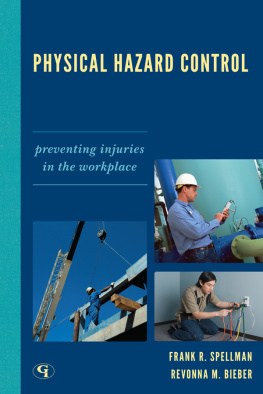

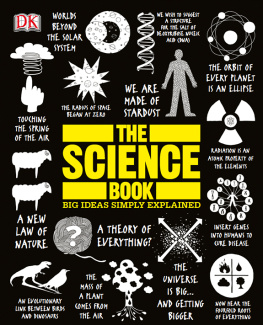
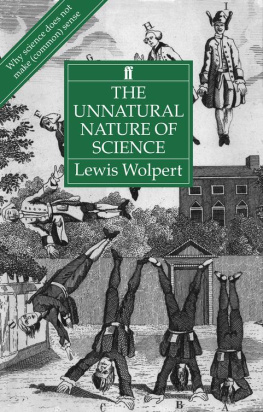
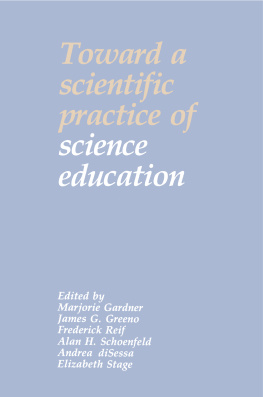
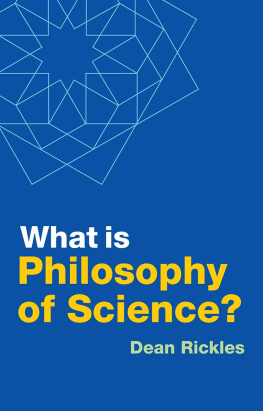
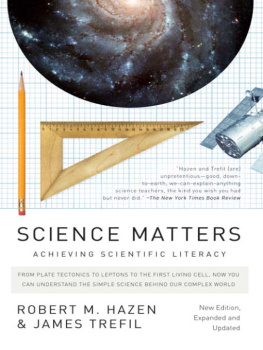
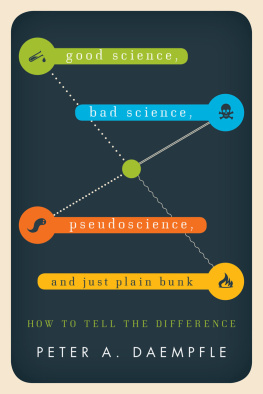


 The paper used in this publication meets the minimum requirements of American National Standard for Information SciencesPermanence of Paper for Printed Library Materials, ANSI/NISO Z39.48-1992.
The paper used in this publication meets the minimum requirements of American National Standard for Information SciencesPermanence of Paper for Printed Library Materials, ANSI/NISO Z39.48-1992.